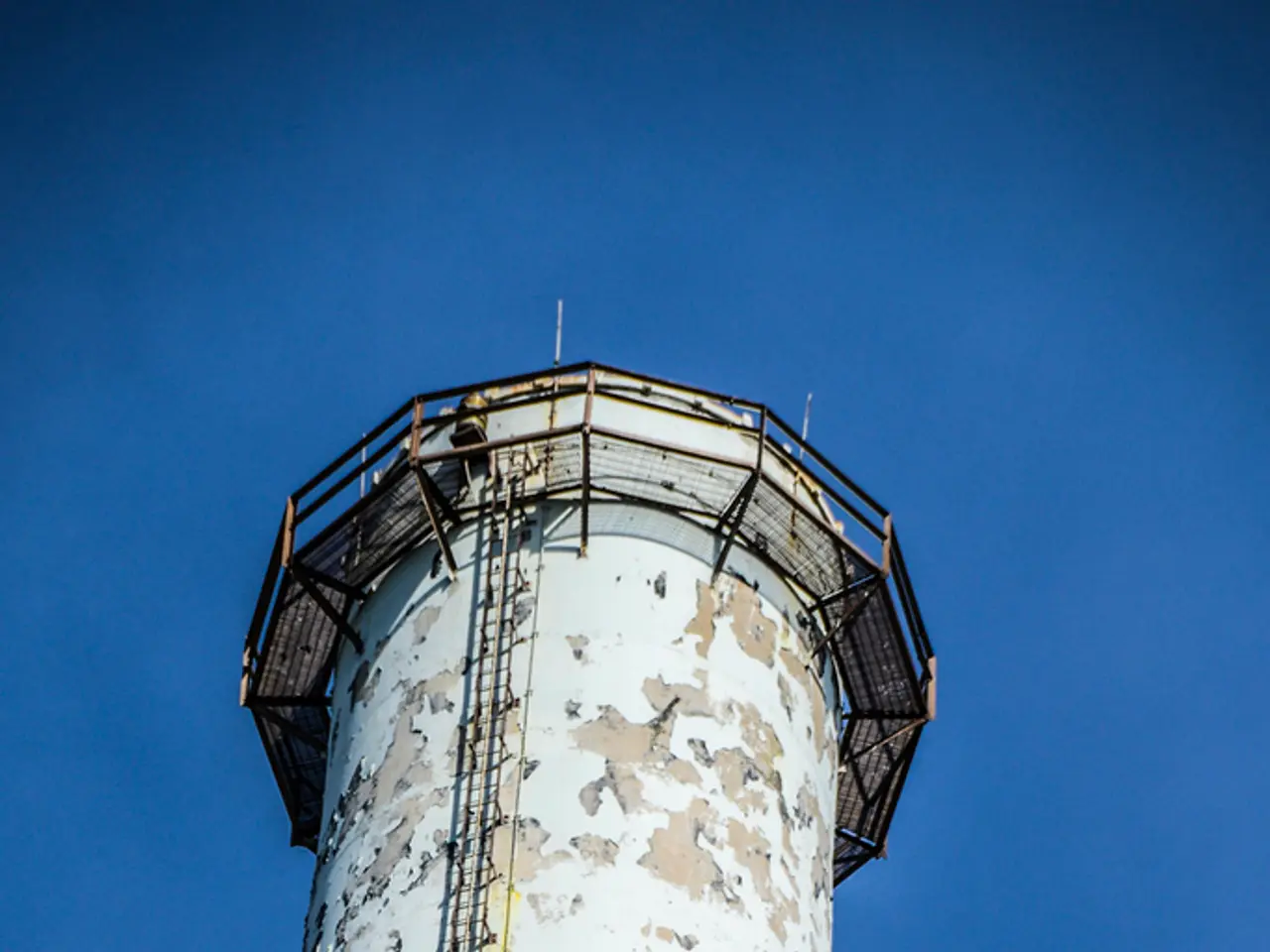U.S. Lithium-Sulfur Manufacturing Facilities' Sulfur Supplies Secured Locally by Lyten
Lyten, a leading innovator in battery technology, has announced ambitious plans to scale up and deliver its groundbreaking Lithium-Sulfur (Li-S) batteries for battery energy storage systems (BESS). This development comes as Lyten prepares to integrate its technology into Chrysler's Halcyon Concept Electric Vehicle (EV) in 2024, marking a significant step towards widespread adoption.
One of the key advantages of Lyten's Li-S batteries is their higher energy density, which makes them lighter and capable of storing more energy per unit weight compared to conventional lithium-ion batteries like NMC (Nickel Manganese Cobalt) and LFP (Lithium Iron Phosphate). This feature is particularly attractive for automotive and aerospace applications, where weight reduction is crucial.
The use of low-cost, abundantly available sulfur in Lyten's Li-S batteries also offers several benefits. Sulfur is a domestic resource in the US and Europe, contrasting with lithium-ion chemistries that often rely on metals like cobalt or nickel, which are often sourced from geopolitically sensitive regions, including China. This switch to domestically sourced materials not only reduces supply chain risks but also manufacturing costs and dependency on China.
Lyten's Li-S batteries also boast improved safety characteristics and can operate across a wider temperature range, including hot conditions that can challenge traditional lithium-ion batteries. Furthermore, the company has made significant breakthroughs in longevity and stability, addressing the major technical challenge of the polysulfide "shuttle effect," which previously caused rapid capacity loss in Li-S cells.
These advancements have opened up a host of new applications for Lyten's Li-S batteries. They are set to power electric vehicles, unmanned aerial systems (drones), battery energy storage systems, aerospace applications, and critical systems like data center backup and the International Space Station.
In October 2024, Lyten announced the location of the world's first lithium-sulfur gigafactory in Reno, Nevada. The company has also acquired Northvolt's battery manufacturing facility in San Leandro and is producing NDAA-compliant lithium-sulfur battery cells in San Jose.
Lyten's Li-S batteries offer a promising solution to the vulnerabilities associated with the current lithium-ion battery supply chain, which is largely controlled by a single country, creating an enormous vulnerability for the US. By sourcing nearly all of its materials domestically, Lyten is working to eliminate this dependency on China.
In a recent statement, Dan Cook, Lyten Co-Founder and CEO, highlighted the importance of Lyten's Li-S batteries, stating that they are critical to the functioning of the US energy grid, powering satellites, supporting the military, ensuring competitiveness of US companies, and powering new forms of transportation.
With plans to integrate lithium-sulfur into AEVEX Aerospace's unmanned aerial vehicles (UAVs) in 2024 and agreements with California Sulphur Company and a Port of Stockton company to supply sulfur to its manufacturing facilities, Lyten is well on its way to revolutionising the energy storage and transportation sectors.
The ambitious plans by Lyten to manufacture Lithium-Sulfur batteries at scale could have a significant impact on various sectors, such as the automotive industry, aerospace, and technology, as these batteries offer advantages in energy density, safety, and compatibility with domestic resources. Moreover, the reduced dependency on geopolitically sensitive regions for critical materials like cobalt and nickel could lead to cost savings and supply chain risk reductions in the finance industry.




